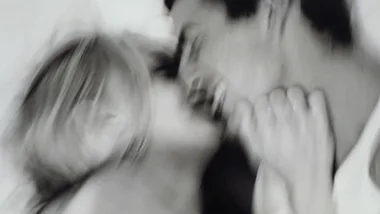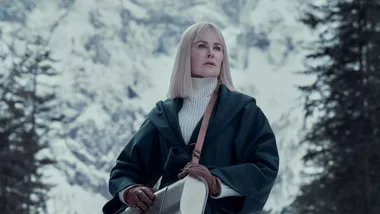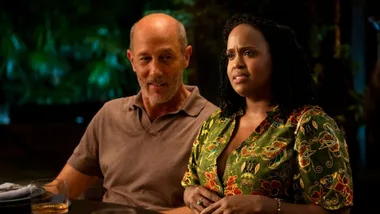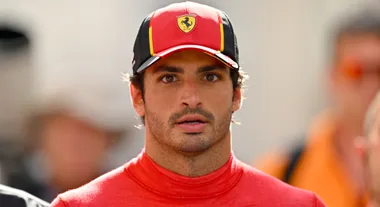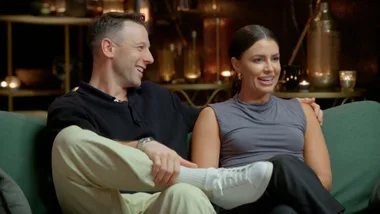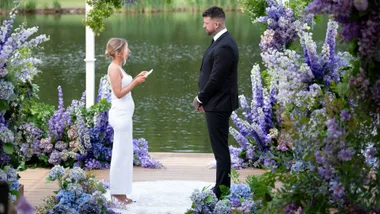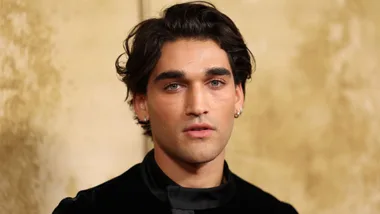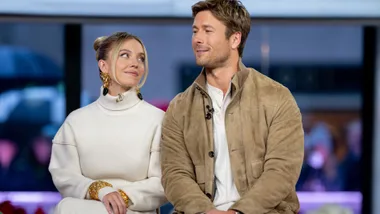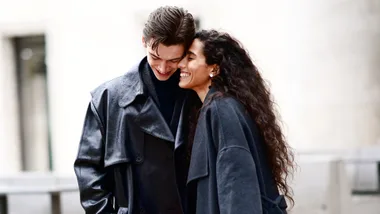Ellie Rogers was lying in her bed when she discovered a tiny lump the size of a ball point on her chest. A self-described “pedantic”, she decided to play it safe and see a doctor. They gave her an answer that changed her life forever: she had triple negative breast cancer, which was aggressive and fast growing.
“It was the tiniest little lump the size of a ball point on my chest, not even on my breast. I went to the doctor thinking it would be nothing but moments later was told I had breast cancer, it was completely surreal and was like life just got instantly turned on its head.”
Rogers was 38 then, and five years later, she’s now cancer-free—but her journey has been far from smooth.
Both she and her sister Lisa Bardas, both carriers of the BRCA1 gene, decided to get a full mastectomy and hysterectomy, and they’re now using the experience to inform others to get frequently checked, all while rallying for donations and support for breast cancer research through their aptly titled foundation, Two Sisters.
“If a community can come together we can change the story for all future women and do something to solve a problem,” Bardas said, “Knowledge is power, so the more we can share our story and what progress is being made within the medical labs with the work they are doing, the closer we can get to shutting down this global pandemic of breast cancer.”
As it stands, breast cancer is the second most commonly diagnosed cancer in Australia, with approximately 20,000 Australians diagnosed with the disease each year. Below, we talk to the sisters about their journey, and their advice for all women when it comes to regular self checks and professional checks.
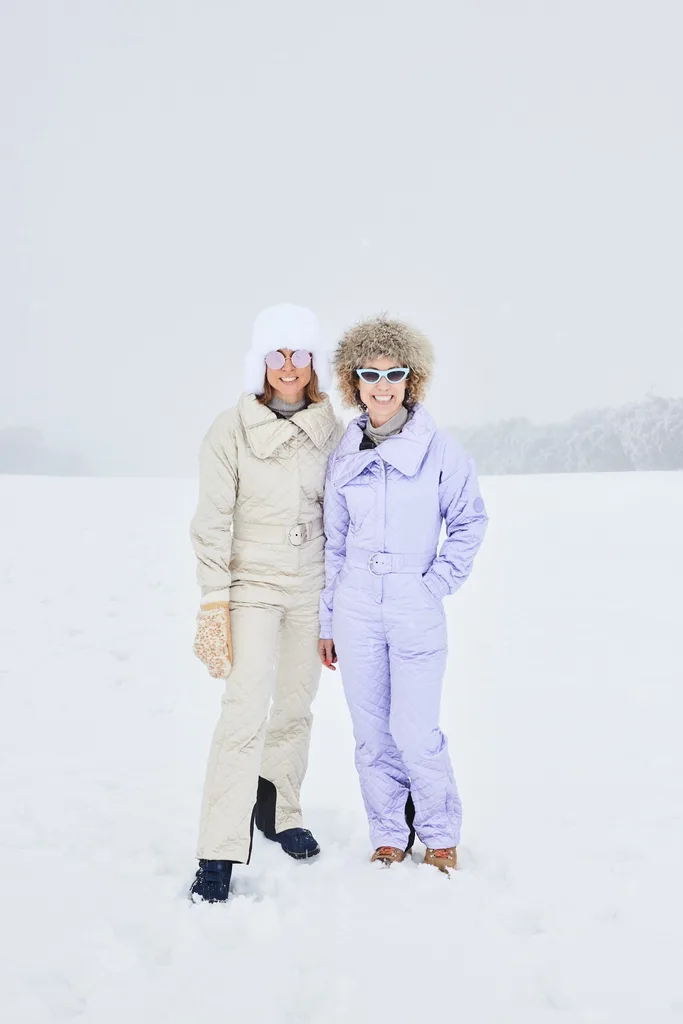
MC: Lisa, how did you come to the decision to get the mastectomy and hysterectomy operation, and how do you feel about it now?
Lisa: After spending months in the chemo ward with Ellie and going through her diagnosis with her and surgeries you are constantly wondering and searching for answers, asking yourself the question “why did she get cancer?”
So when we found out she carried the BRCA 1 gene mutation and I was then in the firing line to get tested, I had plenty of time while waiting for my results to work out what I would do. After watching Ellie go through chemo, I knew I wouldn’t cope very well with the possibility of going through the same experience, now knowing that I had a very high chance of getting breast or ovarian cancer.
It was a no brainer for me when I received my diagnosis that I too carried the gene mutation, to do the preventative surgeries. Two weeks later I had the hysterectomy and then we both did the mastectomy together. We thought would make it easier on the family to only go through it once.
MC: What has been your biggest challenge in this journey, and how have you worked through it?
Ellie: My biggest challenge in this journey was going through chemotherapy. I hated feeling unsure about my future. Being faced with the thought of not seeing my children grow up was completely devastating. I have just hit the five year mark which means my cancer has gone for good. This is the most unbelievable feeling as I can be certain that chapter is finally over. I now take my health very seriously and am so grateful for my strength and energy which is now something I am able to put towards a movement towards supporting woman’s health through our foundation.
Lisa: My biggest challenge after doing the mastectomy with Ellie was that we don’t all have the same experience. Ellie went direct to implant and had no issues. I had to do the reconstructive surgeries with expanders first before getting the implants, as I’ve always been pretty tiny and was unable to go directly to the implant.
I was warned early on that it’s hard to do the same surgery at the same time with someone because we all have different experiences and you can get disappointed if you’re not healing at the same rate, which is what happened to me. I had many infections within the incision lines on both breasts at different times. I did the switch over surgery to implants successfully but then got another major Staph infection.
After seven surgeries to try to clean up the infections, my surgeon removed my right implant to allow the cavity to heal and get rid of the infection. The plan was to let it heal for six to eight weeks and then put an expander in again for eight weeks and then do a final surgery to insert a new implant.
After 44 rounds of antibiotics, eight surgeries and 18 months on the couch trying to heal, I decided my body had been through enough and made the decision to leave the implant out permanently. Having the support of my husband, who didn’t want to watch me go through anymore surgeries or pain, I moved forward and have never looked back. I wear a fillet in my bra and feel confident and fabulous within my skin and the clothes I wear and finally have my life back.
MC: What is the most important piece of advice you would give any woman who is unaware, unsure, or uncomfortable about receiving a breast screening?
Ellie: Breast checks are non-invasive and potentially lifesaving. There is nothing more important than staying on top of health checks which will potentially save a lot of issues in the future. As women we have so many moving parts and our bodies have some very important jobs to do if we chose to have children. We need to look after ourselves and our health to be able to follow whatever direction we choose for our journey as women.
Lisa: Stay diligent with your health checks because only you know your body and how it feels. Stay on top of your health and get regular check-ups, for whatever comes up for you. It’s cheaper to get a check up than the alternative. Stay in the preventative space before a major health scare. Never let money be an issue. Go get checked!!!!! I can’t say this enough. It saves lives!
Get comfortable with being uncomfortable, because it’s only a feeling and you can change how you feel about a situation. There is nothing invasive about getting checkups. It’s a daily routine for all those incredible doctors that do it all day, trust that they are looking after you because they truly care.
MC: What would you tell women to look out for in general?
Ellie: Absolutely any abnormalities, even if you think it’s nothing, it is worth checking. I literally saved my life by going to the doctor straight away after finding the tiny lump. If I had left if any longer my prognosis wouldn’t have been so good. I had a triple negative breast cancer which was aggressive and fast growing so time was of the essence.
Lisa: I think it’s every women’s responsibility to be diligent in actually doing self checks and allowing yourself time within your routine to have the awareness of what’s going on in your body and if anything may have changed. And if you do have a gut feeling about something, to do something about it and go get it checked because that’s how my sister Ellie found her lump, which wasn’t even in the breast region, it was more in her chest.
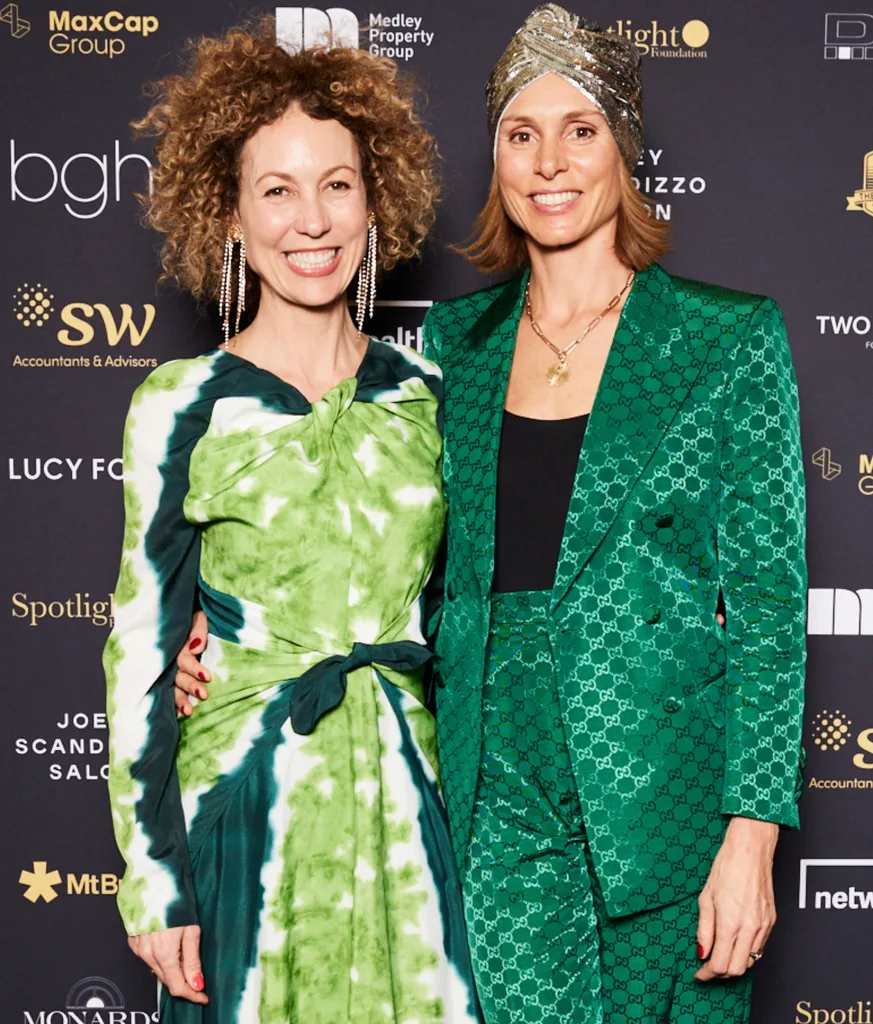
MC: Your foundation, Two Sisters, has had some incredible results in fundraising, your annual Winter Ball event raised more than $1 million for breast cancer research! What does it mean to you to see people come together in support of this initiative?
Ellie: We are so blown away by the support that people have shown us. I read a book by Melinda Gates called Moment Of Lift. It talks about that special moment when an idea or a concept really takes off and it is exciting to feel this happening with Two Sisters Foundation and The Winter Ball. Life is all about enjoying and supporting each other, having fun and celebrating life and that is what this ball embodies.
Within the coming years, we have big plans for The Winter Ball. It feels like the beginnings of a movement, and we are both so honoured to be on this journey, and the best bit is we are doing it together.
Lisa: For me, it means that if a community can come together we can change the story for all future women and do something to solve a problem. Knowledge is power, so the more we can share our story and what progress is being made within the medical labs with the work they are doing, the closer we can get to shutting down this global pandemic of breast cancer.
And we do love a party, we love the mountains, so why not invite people to come party for a cause, which means everyone feels like they can make some sort of change by helping donate to the incredible team of scientists that work every day on rewriting this story for all women.
October is Breast Cancer Awareness month, a time to spotlight the importance of research to achieve better and more effective treatment options. To donate to the National Breast Cancer Awareness Foundation, visit their website here.

